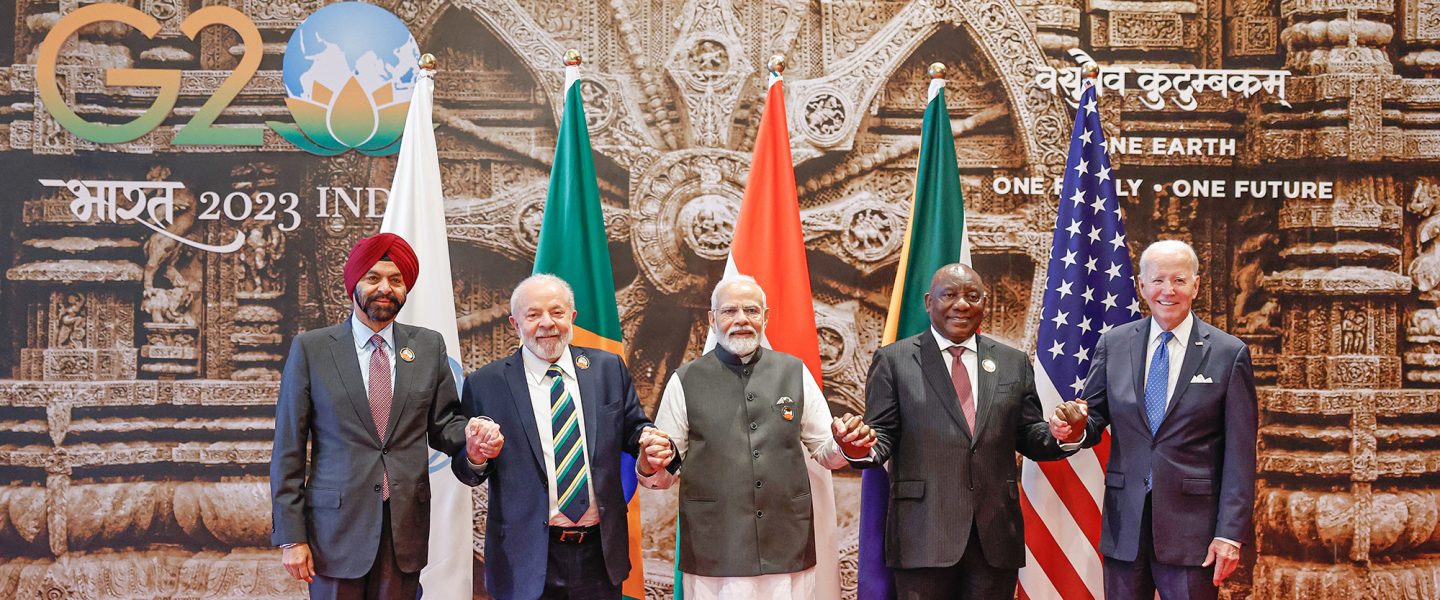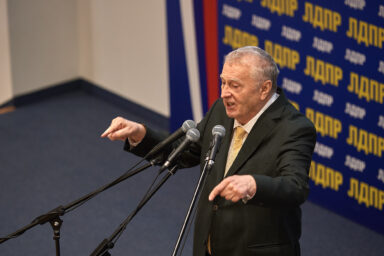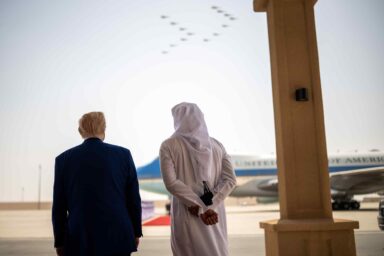G20 Statement on Ukraine a Mixed Bag
The leaders of the G20 countries reiterated that “all states must refrain from the threat or use of force to seek territorial acquisition against the territorial integrity and sovereignty or political independence of any state.”
|
Listen To This Story
|
While the joint communiqué for the G20 summit in India includes language in support of Ukraine, the statement differs from last year’s version in that it does not directly blame Russia for the war between the two countries.
Specifically, the leaders of the G20 countries reiterated that “all states must refrain from the threat or use of force to seek territorial acquisition against the territorial integrity and sovereignty or political independence of any state.”
After plenty of haggling behind the scenes, this language was deemed to be acceptable by Moscow because it would also apply to the increasing number of Ukrainian drone strikes and other attacks on Russian territory.
In between the lines, however, the communiqué was more critical of the regime of Vladimir Putin. For example, in the Ukraine section of the statement, it warned countries against the “use or threat of use of nuclear weapons.”
Since only Russia has those, it is pretty clear who was meant.
In addition, the G20 leaders noted that it is imperative that grain, food, and fertilizer from Ukraine and Russia can reach the rest of the world. However, it is the Putin regime that is standing in the way of implementing the so-called Black Sea Initiative.
“This is necessary to meet the demand in developing and least developed countries, particularly those in Africa,” the document states.
Although the joint communiqué could have been stronger, the meeting overall has been more of a success for the US and its Western allies so far than for Russia and China.
One of the reasons is that Putin did not travel to India because there is a warrant out for his arrest. China’s President Xi Jinping also did not attend after a territorial dispute between his country and the host nation flared up in the days ahead of the summit.
US President Joe Biden used that vacuum on the first day of the summit.
Perhaps the biggest achievement was the announcement of a new rail and shipping corridor that is meant to connect India and Europe through the Middle East.
The initiative is meant to counterbalance the sweeping infrastructure projects that China has been undertaking across the globe.
Biden said the corridor will not only connect two continents but also “[unlock] endless opportunities, including making it far easier to trade, export clean energy, expand access to reliable clean electricity, lay cables that will connect communities that secure a stable Internet, contributing to a more stable, more prosperous, and integrated Middle East.”
However, the day wasn’t free from controversy for the US president.
The hearty handshake that he exchanged with Saudi Arabia’s crown prince Mohammed bin Salman raised some eyebrows. The kingdom is not only a major violator of human rights but has also championed policies that are harmful to the US.




